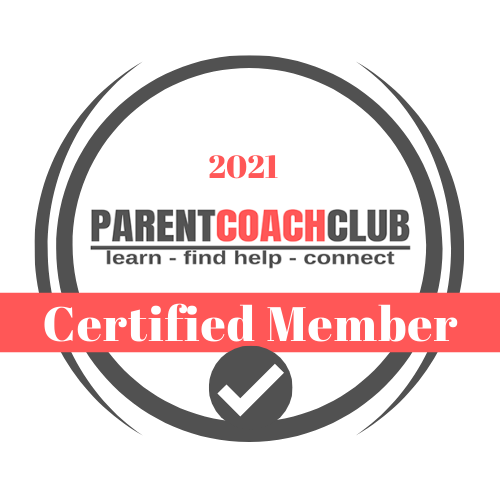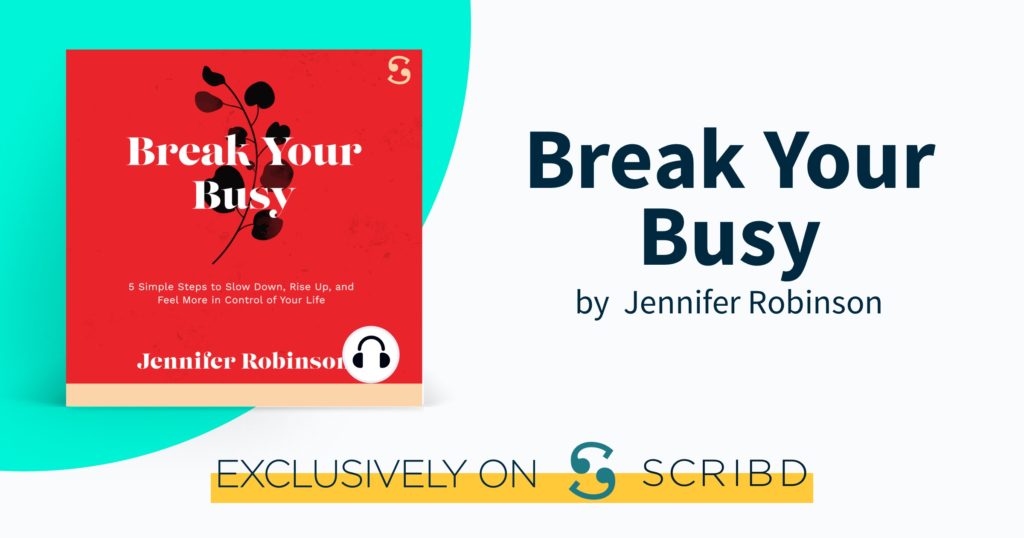This is the first in the 3-part Mindful Communication Skills series that I outlined in last week’s blog.
Apologizing is something that is incredibly hard for many people. For some people they feel that there is a lot of shame in apologizing, and shame is an uncomfortable feeling. For others, the discomfort of feeling guilty about something they have done is too much. They would rather just forget that the situation causing their guilty feelings occurred. Finally, there are those who just plain don’t believe that they are in the wrong – sometimes, these people seem to think that they are NEVER wrong! You know who I’m talking about 😉
But, this blog is not about other people.
It’s about YOU!
I want to share with you how apologizing is a powerful stress-reliever!

In 12-Step programs making amends is one of the most important steps. On first glance it would seem that when an addict is making amends to the people they hurt it is to help the hurt people to feel better. Yes, this is true! Part of the reason for making amends is to help the other person.
The purpose of the amends step goes deeper than what it does for the other person though. In fact, some people in AA report that their amends are not received well by the people to whom they are made. But, the person apologizing (making amends) is cautioned not to be hurt if their apology is not received in a positive way.
Making amends is about “doing the right thing!” If you are truly sorry, AND you apologize for it, you have done your part.
That is the POWER OF APOLOGY! Taking the initiative to sincerely say that you are sorry for causing another person discomfort or pain is all that you can do. Once you have done that, the proverbial ball is now in the other person’s court. And it is important to remember that you have no control over that ball when it’s over there!
THE IMPORTANCE OF PERSONAL RESPONSIBILITY
My husband and I often talk to our kids about personal responsibility. The subject this week has been the personal responsibility of keeping track of one’s school notebooks – LOL 🙂 And while being organized with your school materials is important, we also believe that it is important to take responsibility for your actions towards others.
Because the frontal cortex of the teen brain is undoing itself, and then reconnecting, teens can have a hard time with accepting their part in conflicts that occur with friends – or us, for that matter!
I marvel at how the kids who once would sincerely apologize in their cute, little voices, now bristle at the thought. It is truly amazing how they are so quick to blame others! A poor grade on a quiz is the teacher’s fault for not explaining things well. The textbook is so poorly written that they could not possibly have done well on their test! Blah…blah…blah…blame…blame…blame…
More to the point of this blog, they blame their friends if there is a conflict or misunderstanding. Or, they blame us (their parents) for getting on their cases for watching YouTube instead of doing their homework. Shaking My Head 🙂
As parents we understand what is going on with their brains. AND we understand that it is even more important than ever to model how to take personal responsibility! We don’t just tell them. We show them.
For example, not long ago, I was teasing my son about how he is not performing very well in one of his classes. I was giving him a hard time because I know he can do well, but he doesn’t like the subject matter, so he is slacking off. The problem was that he did not take my teasing lightly. He took it as an insult. Now, I could have told him to, “suck it up and do better in the class,” so he would not be subject to my teasing. But, I chose instead to sincerely apologize for hurting his feelings.
Because I have learned The Power of Apology I knew that the benefits of my apologizing to him would be two-fold: One, it would help him feel better after being teased; and, two, it would model the importance of taking personal responsibility for one’s own actions – my poor judgement of teasing him.
KEEPING YOUR SIDE OF THE STREET CLEAN

The Power of Apology is not only found in the process of taking personal responsibility. It is also in knowing that you have taken the steps you needed to take in order to make things right.
In 12-Step programs this is sometimes referred to as, “keeping your side of the street clean.” It is a way to have a clear conscience that you have done what you needed to do to make things right.
It is also a sign of personal strength. As I mentioned in the beginning of this blog, it is really hard for a lot of people to apologize because of the shame and guilt they feel when they confront their thoughts about their own actions. This harkens back to the personal responsibility issue. When taking personal responsibility means feeling shame and/ or guilt, humans will often avoid it in order to avoid those feelings. It takes inner strength to confront those negative feelings and rise above them.
I assure you, once you do confront them and rise above them, the relief you feel when you apologize far outweighs the discomfort! Plus, you will feel stronger and stronger in the face of negative emotions like shame and guilt every time you confront and overcome them!
Maybe we should call this, “building apology resilience.”
The Power of Apology lies in that relief! It lies in the relief you will feel once you have overcome shame and guilt and cleaned-up your side of the street by taking personal responsibility.
OPEN ACCEPTANCE OF THE OUTCOME
Letting go of the acceptance of how the other person will respond to your amends is an important part of the Power of Apology. Sometimes amends will be received with grace and forgiveness. But, other times amends will be received with indifference or even rebuked.
Being in a place of acceptance, no matter what the outcome, is courageous and empowering! By apologizing, by facing up to shame and guilt, by taking responsibility for your actions, you have done your part. You have cleaned up your side of the street.
Recently, I realized that I said something about a new friend and colleague that was not correct. I said it to another person, but in front of my new friend and colleague. It was a foot-in-mouth situation. I was trying to pay a compliment to my new friend, but because I was incorrect about what I said, it was not actually a compliment. Unfortunately it did not occur to me until almost a week later that I probably offended my new friend. She did not respond to two emails (an original and a follow-up). It took me doing a mental review of our recent lunch conversation to realize that I very well could have offended her! Yikes!
Yes, I was embarrassed (ashamed) that I had been thoughtless with my comment. And yes, I felt guilty about that because I pride myself on being very mindful about the things I say. There was a part of my brain that was trying to rationalize my behavior and was telling me that I really didn’t do anything wrong, I was just trying to pay her a compliment… That part of my brain was reacting to the embarrassment and the guilt. That part of my brain was also telling me to ignore the situation and thus, avoid feeling embarrassment and guilt.
But, the grown-up part of my brain dug down deep into my courage and said, “an apology is necessary here!!”
So, I apologized. I wrote her an apology email and I left her an apology voicemail.
I have not heard back from her. This was six months ago and to this day I have no idea if she is really mad at me or if she is just too busy to get back to me.
I’m not worried about it though. I feel good that I did my part by apologizing. I know that my side of the street is clean. I can move forward with a clear conscience. I have no idea what is going on with her. And that is okay. I don’t need to.
And that is THE POWER OF APOLOGY! Clearing your conscience by making sincere amends to someone you hurt (even if it’s a “maybe” situation) gives you an incredible sense of relief and builds your inner strength and courage!
I would love for you to share your stories of the Power of Apology!
I would love to have an open discussion if you questions or comments!
Your comments below are welcome! OR join me in my FREE Facebook Group Empowered Through Peace!
With Love and Light!
Jen
I would LOVE your FOLLOWS!

JEN ROBINSON
Jen Robinson is the creative force behind the wellness brand Peaceful Living Wellness which is dedicated to providing a wide-variety of high-quality wellness information. Jen is also the creator of the Peaceful Living Wellness life coaching division, and offers workshops, individual and group coaching as well as retreats where she guides women in using Mindfulness and Mindset to build their inner strength on a foundation of inner peace. Jen also is the co-creator of the business coaching brand CEO Mindset that guides entrepreneurs in building their businesses without burning out.
The latest addition to her repertoire is that she recently signed-on as the Wellness Director for the business development company Wealthy Women Entrepreneurs . She is very excited to be leading this group of dynamic women entrepreneurs into success in their businesses and lives!
The most important part of Jen’s life are her two very active teenagers, AJ & Layna!
Jen’s Mindfulness and Mindset techniques inform her business, her parenting and her life!

FACEBOOK
FACEBOOK GROUP
INSTAGRAM
PINTEREST



